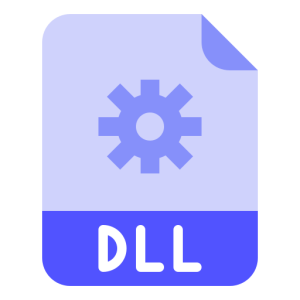Description
MFC71.DLL
MFC71.DLL is a dynamic link library (DLL) file that is a component of the Microsoft Foundation Classes (MFC) library. It is specifically associated with Visual C++ 7.1, which is part of Microsoft Visual Studio .NET 2003. MFC is a framework that provides a collection of classes, functions, and templates for developing Windows-based applications using C++.
MFC71.DLL is essential for the proper execution and functioning of applications developed using the MFC library. It contains a range of functions and resources that enable developers to create graphical user interfaces, handle user input, and interact with the underlying Windows operating system.
Purpose and Functionality
MFC71.DLL offers various features and functionalities to support MFC-based applications:
- User Interface Creation: MFC71.DLL provides classes and functions for creating and managing windows, dialogs, controls, menus, and more. It simplifies the process of building visually appealing and interactive user interfaces.
- Event Handling: The DLL facilitates event-driven programming by providing mechanisms for handling user actions and system events. Developers can rely on MFC71.DLL to respond to button clicks, mouse movements, keystrokes, and other user interactions.
- File and Data Management: MFC71.DLL includes classes that facilitate file input and output operations, as well as handling various data formats. It simplifies tasks such as reading/writing files, accessing databases, and manipulating data structures.
- Graphics and Multimedia: The DLL offers functions for rendering graphics, drawing shapes, and handling multimedia elements such as images, audio, and video. It provides an easy-to-use interface for incorporating visual and audio elements into applications.
Common Use Cases
MFC71.DLL is primarily used in the development and execution of MFC-based applications. It is commonly utilized in the following scenarios:
- Software Development: Developers reference MFC71.DLL in their projects to access the rich set of MFC functionality. It allows them to leverage the pre-built components and tools provided by the MFC library to expedite application development.
- Application Execution: When an MFC-based application is launched, the operating system loads MFC71.DLL into memory to ensure the necessary runtime support is available. This allows the application to access and utilize the MFC classes and functions it relies on.

